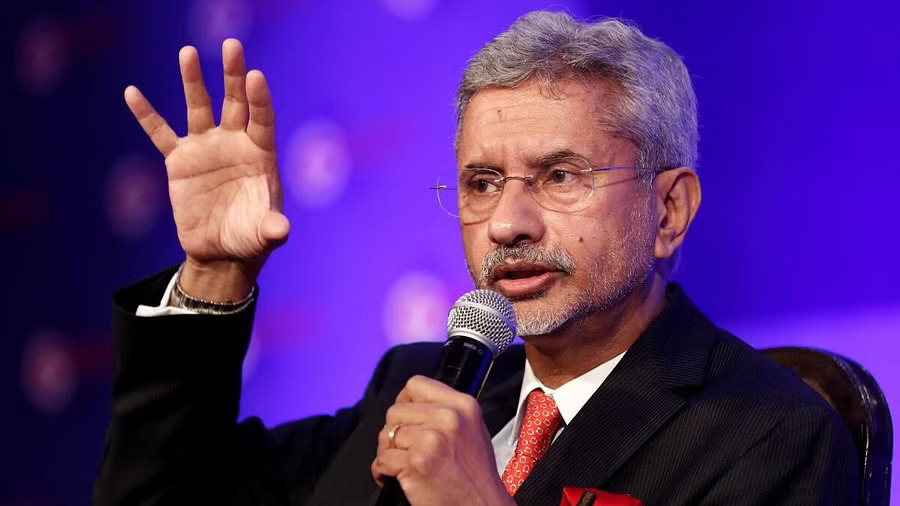In the midst of an ongoing diplomatic disagreement between India and Canada, External Affairs Minister Subrahmanyam Jaishankar emphasized the necessity of dialogue and diplomatic engagement to resolve the issues at hand. The dispute, which has been the subject of international attention, highlights the importance of open communication and negotiation in international relations.
Jaishankar’s remarks underline the diplomatic approach adopted by both nations to address the concerns and disagreements that have arisen. Diplomatic engagement serves as a cornerstone of international relations, allowing nations to voice their grievances, seek common ground, and chart a path forward that upholds the interests of all parties involved.
In today’s interconnected world, where global challenges demand collaborative efforts, the significance of diplomatic dialogue cannot be overstated. It fosters understanding, promotes peaceful coexistence, and provides a platform for finding resolutions to differences that may arise between nations.
The India-Canada row represents a challenge, but it also offers an opportunity for both countries to demonstrate the effectiveness of diplomatic communication and problem-solving. Through dialogue and negotiation, it is possible to find commonalities, build bridges, and foster a relationship based on mutual respect and understanding.
In conclusion, the acknowledgment by External Affairs Minister Subrahmanyam Jaishankar of the need for dialogue between India and Canada signifies a diplomatic approach to addressing differences. It underscores the importance of peaceful negotiation and the role of dialogue in navigating complex international relationships and arriving at resolutions that are beneficial for all parties involved.










